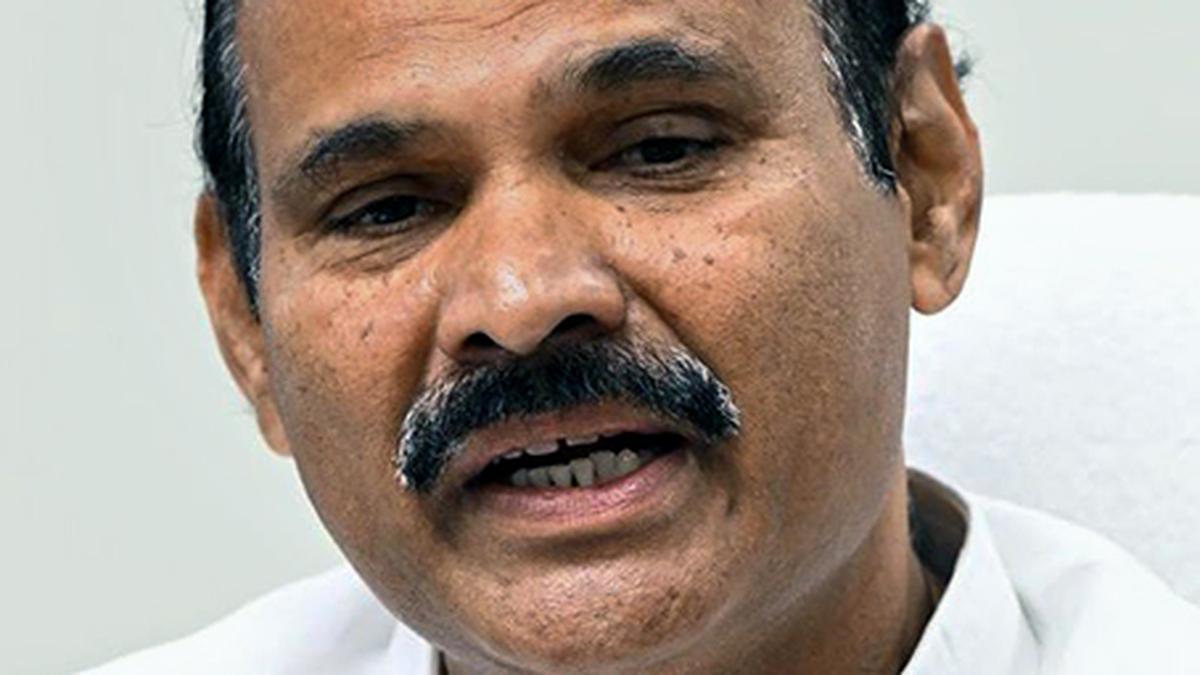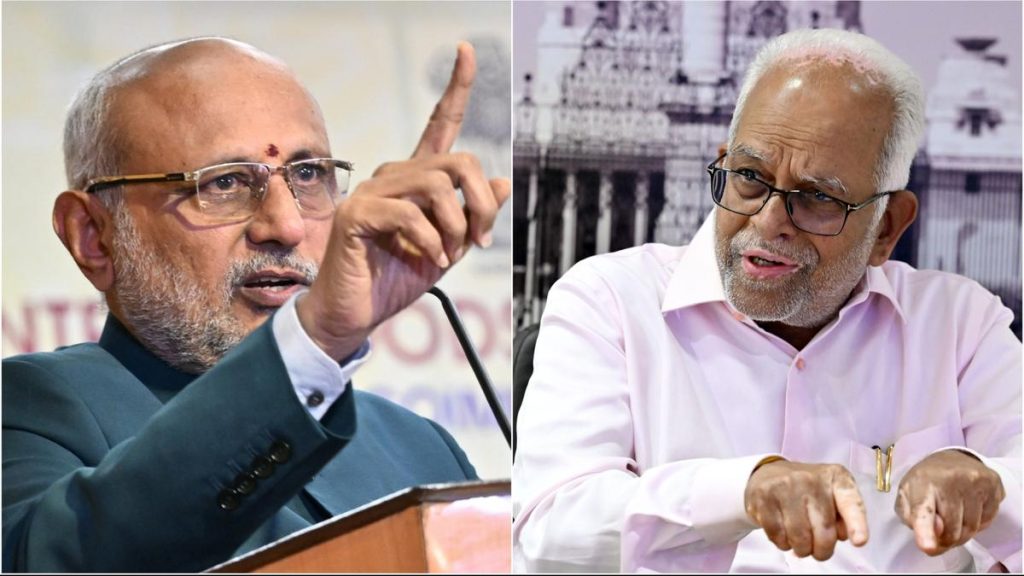Now Reading: Minister Challenges YSRCP Leaders to Debate on Fertilizer Supply in Andhra Pradesh
-
01
Minister Challenges YSRCP Leaders to Debate on Fertilizer Supply in Andhra Pradesh
Minister Challenges YSRCP Leaders to Debate on Fertilizer Supply in Andhra Pradesh

Speedy Summary
- Information and Public Relations Minister Kolusu Parthasarathy refuted allegations by the YSR Congress Party (YSRCP) regarding a purported fertilizer scarcity affecting agricultural activity in Andhra Pradesh.
- The current coalition government supplied 7 lakh Metric Tonnes (MT) of urea to farmers, compared to only 5 lakh MT during the YSRCP regime. By august 2025, 5.69 lakh MT had already been distributed, with another 40,000 MT planned for distribution by September 10.
- Allegations were made that between 2019-24 under the YSRCP regime, approximately 1,500 MT of fertilizers were diverted to the black market.
- Payments for paddy procurement are credited into farmers’ bank accounts within 24 hours under this administration; previously during YSRCP governance, payments were delayed by three months and ₹1,624 crore was withheld from farmers.
- The NDA government procured a total of 68 lakh tonnes of paddy worth ₹18,000 crore over a span of just 15 months. Support prices were also set for crops like mangoes and onions while agricultural machinery is provided with up to a 90% subsidy.
- The government plans to invest ₹1 lakh crore-₹1.50 lakh crore in irrigation projects between 2024-29 and has already spent ₹75,000 crore on such initiatives.
- chief Minister N. Chandrababu Naidu is personally overseeing issues related to agriculture and irrigation.
Indian Opinion Analysis
The statements issued by Kolusu Parthasarathy underscore the government’s focus on addressing concerns in agriculture through increased fertilizer supply and accelerated payment timelines for crop procurement. Comparing metrics like urea distribution levels and withheld payments under successive administrations suggests that these are intended as rebuttals against opposition claims rather than new policy announcements.
if true, timely financial aid coupled with support pricing across various crops can boost farmer morale-a critical factor considering agriculture’s centrality in India’s economy-especially in Andhra Pradesh where paddy cultivation dominates rural livelihood structures.Though, allegations about black-market diversion earlier highlight systemic challenges present prior which still merit scrutiny regardless of political leadership changes.
Ultimately what stands out here is both acknowledgment towards improved infrastructure spending targeting irrigation development alongside emergent tensions amid rival party narratives seen being debated publicly or institutionally turning anxieties clarification sought larger good remains urgent!
Read more: Link-> follow back context rn .
























